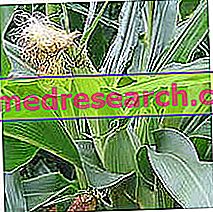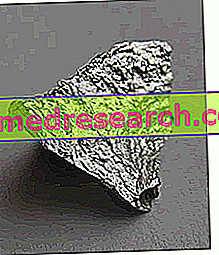This article aims to help the reader in the rapid identification of natural remedies useful in the treatment of various symptoms, disorders and pathologies. For some of the listed remedies, this utility may not have been confirmed by sufficient experimental tests conducted with a scientific method. Furthermore, any natural remedy presents potential risks and contraindications.
If available, we therefore recommend that you click on the link corresponding to the individual remedy to learn more about the topic. In any case, we remind you of the importance of avoiding self-treatment and to consult your doctor beforehand to ascertain the absence of contraindications and drug interactions.

Any substance capable of removing dirt from a surface, including the skin, is defined as a detergent. A detergent or tenside has as main characteristic the presence - in its own molecule - of a hydrophobic part and a hydrophilic part (amphipathic molecules).
There are different types on the market, with very variable cleaning power. Remember that a very aggressive detergent, in addition to removing dirt very well, can cause serious damage to the skin. Detergents can also be used as the main means of cleaning wounds.
Saponins, in the vegetable field, are amphipathic substances that do not have the task of removing dirt, but of transporting hydrophilic molecules in a lipophilic environment, such as the skin.
Synonyms of Detergents
Detergent plants are also known as: detergents, surfactants, surfactants.
Medicinal plants Detergents and supplements with cleansing properties
See plants containing saponins (Saponaria, Horse Chestnut, Licorice, Centella).



